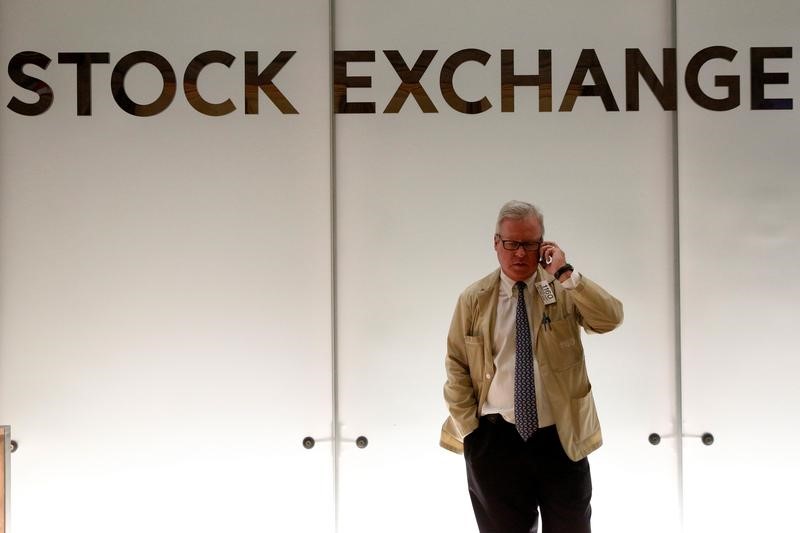By Geoffrey Smith
Investing.com -- Shares in KeyCorp (NYSE:KEY) and M&T Bank (NYSE:MTB) rose on Monday after Citigroup singled out the two regional banks as the best-positioned to withstand the recent selling pressure on the sector.
Cleveland-based KeyCorp and Buffalo-based M&T have both fallen sharply this year, both suffering from the collapse of Silicon Valley Bank and Signature Bank, which sent shockwaves through the second tier of the U.S. banking system. KeyCorp is down 30% year-to-date while M&T is down 20%.
However, Citi analysts said they felt both stocks were oversold.
"MTB was the most disciplined with its excess cash during the period of low rates and has strongest capital position of the regionals," the analysts said in a note to clients on Monday. As for KeyCorp, the analysts noted that management "made some mistakes, but they represent near-term headwinds and we found they have the largest benefit from repricing of fixed rate assets which will benefit 2024 and 2025 earnings."
Citi's new price target for KeyCorp is $20 a share, compared to a closing price of less than $12 on Friday. For MTB, it has cut its target price to $155 from $178, but that still represents 35% upside from Friday's close of just under $115.
Analysts have argued that many banks have been slow to raise their deposit rates in line with official interest rates over the last year, leaving them vulnerable to deposit flight as their customers move their cash to higher yielding products such as money-market funds.
That deposit flight accelerated exponentially as doubts over the viability of SVB and Signature started to emerge.
However, the panic triggered by the collapse of SVB and Signature has abated in the last week as federal officials have backstopped the financial system with liquidity from the central bank and tough talk of support where necessary from the Treasury. Earlier on Monday, the Federal Deposit Insurance Corp announced it had reached a deal with First Citizens Bank to take over the deposits and most of the loans of SVB - albeit that rescue will leave a $20 billion dent in the U.S.'s deposit insurance fund.
